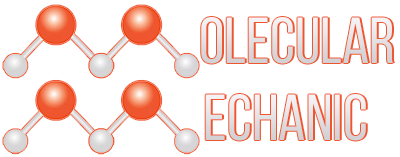Medicine can be approached very differently based on one’s guiding principles. For example, one might take the proverb, “If it isn’t broken, don’t fix it” as the defining philosophy to medicine. This would be advantageous with respect to pathologies that are easily exacerbated by attempts to treat them. For example, a person taking antibiotics to treat a pathological condition that doesn’t require them could produce net harm to their body rather than benefit. By not taking antibiotics, which are known to interfere with gastrointestinal fauna, one might be healthier overall. Conversely, one might let the proverb, “an ounce of prevention is worth a pound of cure” guide their medical philosophy. The advantage to this philosophy is more scientifically valid since the most serious medical conditions are a result of accumulating cellular damage over time. Nevertheless, there is a delicate balance between decelerating the natural oxidative damage associated with ageing while avoiding unnecessary chemical stress on the body. One interesting example is coffee. It is often touted for its antioxidant content and enhancement of cognition. An astute biochemist would not take these features at face value though. Everything in life has its pros and cons, and coffee is no exception. With respect to the antioxidants, there is no guarantee they will both diffuse to the particular cells that need them and simultaneously interact with the reactive oxygen species. As for cognitive benefits, coffee’s stimulation of adrenal receptors can initiate biochemical cascades associated with stressful situations. Based on coffee’s association with stress, I find it ironic coffee shops are around practically every corner in the developed world. I suppose it’s symbolic of the lifestyles associated to the developed world. All medicine has pros and cons. In the end, we each have to choose our own poison.
